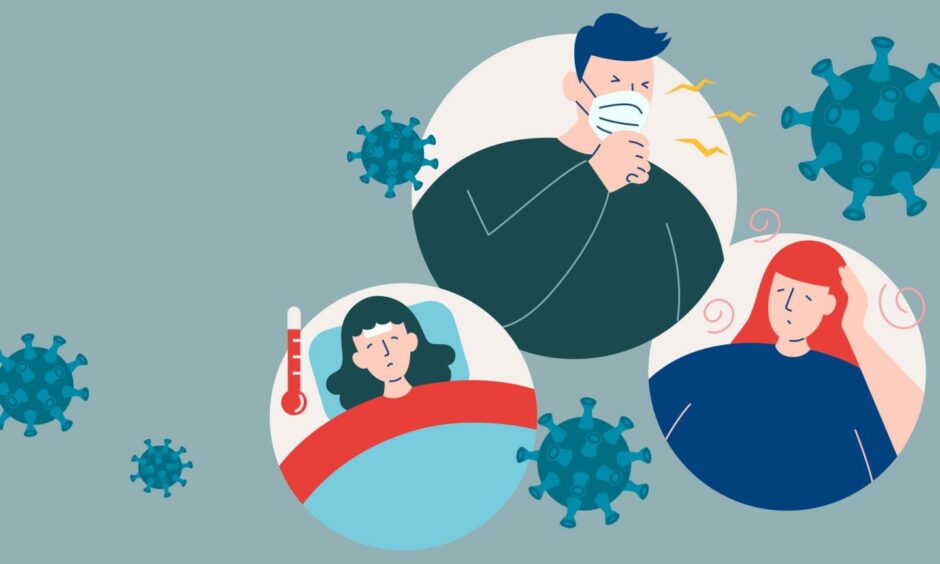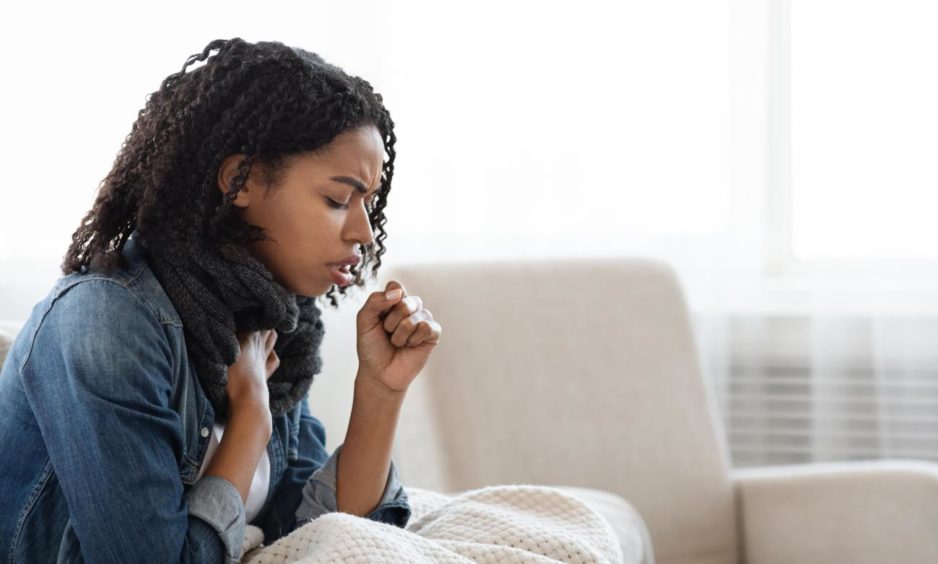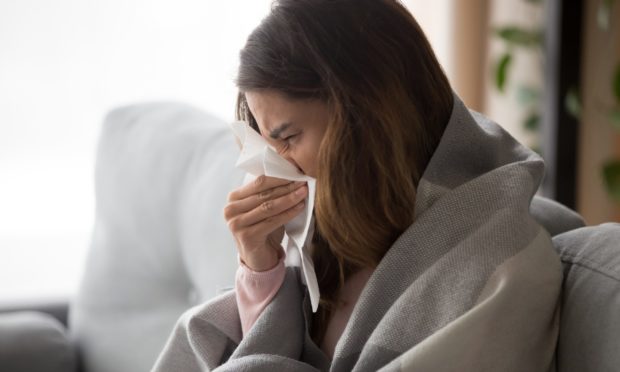Do you feel like you’ve been struck down by “the worst cold ever”? You’re not alone – the sniffles and cold have been making their rounds with the arrival of autumn and lower temperatures.
One look at social media in the past few weeks and you might have noticed people across the UK commenting that they’re suffering from an intense cold – and it’s not Covid-19.
Ok seriously… anyone else been struck down by this non-Covid chest/sinus infection? It’s been 2 weeks and I’m exhausted. Very grateful Miss Rona hasn’t paid me a visit but this is something else. Never been this continually ill before 😩
— Oliver Roll (@oliroll11) September 18, 2021
Answering the concerns of the public, Dr Philippa Kaye, a GP based in London, spoke to the BBC and said the rise in intense colds and coughs has to do with the public mixing and the ease in restrictions.
Is it Covid-19 or just a cold?
However, before deciding you’ve got a cold, self-isolating and taking a PCR test is advised to rule out Covid-19.
The common symptoms of the virus continue to be a high temperature (above 37.8C), a new, continuous cough and a loss or change to your sense of smell or taste.
You can check if you have a cold if you experience any of the following symptoms:
- a blocked or runny nose
- a sore throat
- headaches
- muscle aches
- coughs
- sneezing
- a raised temperature
- pressure in your ears and face
- loss of taste and smell
What is causing this super cold?
Dr Kaye said during the first round of lockdowns, there was a fall in the number of other non-Covid infections – which was “primarily due to the restrictions on meeting up”.
Since August 9, people in Scotland have been mixing in ways they haven’t been able to in the last 18 months.
It was suggested that lockdown rules were designed to stop Covid from spreading, but the restrictions also helped to stop other viruses from spreading between people as well.
September also brings the arrival of new university students mingling during Freshers Week and spreading what’s been informally known as “freshers’ flu”.

However, it’s not actually flu but another type of cold caused by meeting new people, poor diet, reduced sleep, increased stress and colder weather.
“Most of these things are respiratory driven, so say somebody talks or coughs or sneezes – you breathe it in,” Dr Kaye said.
She added that most of the time the cold can be managed at home with lots of fluids, rest and over-the-counter remedies like painkillers for aches and pains.
“Even simple things like honey in a hot drink can help ease a sore throat.”
How can I protect myself against the cold?
According to the NHS, a person with a cold can start spreading it from a few days before their symptoms begin until the symptoms have finished.
The best ways to avoid catching a cold are:
- washing your hands with warm water and soap
- not sharing towels or household items (like cups) with someone who has a cold
- not touching your eyes or nose in case you have come into contact with the virus – it can infect the body this way
- staying fit and healthy
The flu vaccine helps prevent flu but not colds.

To recover quicker from the cough and sniffles, try getting as much rest and sleep, keeping warm and staying hydrated.
If you have a sore throat, try gargling salt water to help soothe the pain.
Dr Kaye adds: “You can get lots of advice from your local pharmacist for minor coughs and colds.
“But if you become more unwell, if you cough up blood, have chest pain, if you have shortness of breath or chest tightness, then you need to seek medical advice.”
More health news…
- Sudden confusion, rashes and ‘Covid toes’: The full list of coronavirus symptoms you may be unaware of
- Irregular periods and body hair: Less than half of women know these PCOS symptoms
- North-east mum’s warning over infant virus doctors deem ‘more concerning’ than Covid
- Feeling stressed? Expert reveals why exercise, nature – and videos of babies laughing – helps you feel better
